Institute for Functional Gene Analytics (IFGA)
What students say
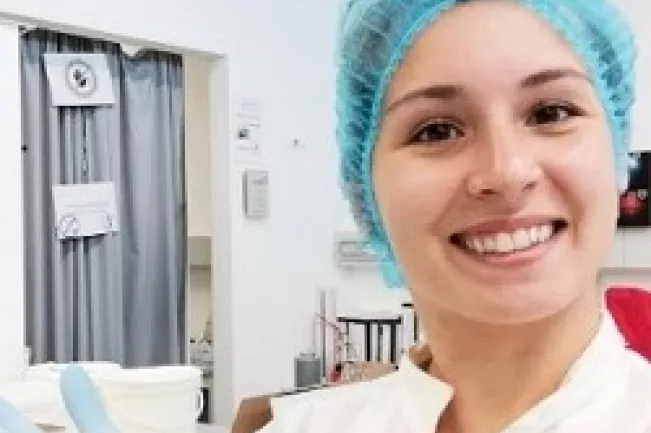
Maria Boronat, MSc Student in Analytical Toxicology at King's College London, UK
My experience at HBRS was amazing; the community is very friendly and international. The campus environment is familiar and welcoming, and together with the academic expertise and modern facilities make it a great place to develop top scientific research. I am very thankful for my stay there, as it opened many doors in the international research field and I have taken with me many memories I am fond of.
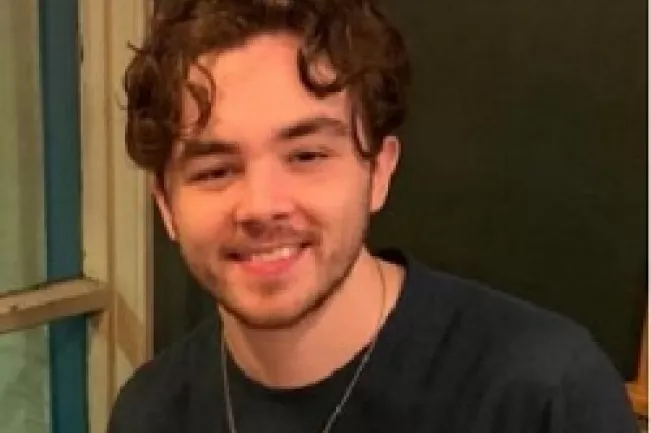
Arthur Cleal, BSc Student, School of Pharmacy and Life Sciences, Robert Gordon University, Aberdeen, Scotland
Writing my BSc (Hons) thesis about Quantitative PCR based analysis of DNA degradation at Hochschule Bonn-Rhein-Sieg was a great experience. I felt relaxed immediately there which allowed me to get the most out of the project. Working independently in the lab, learning how to operate lab equipment and carrying out my own experiments gave me important practical experience. The supervision from Dr Jager and Dr Holtel was great, they were always available to ask questions and lend a hand. If you are thinking of coming to HBRS to study definitely do it!
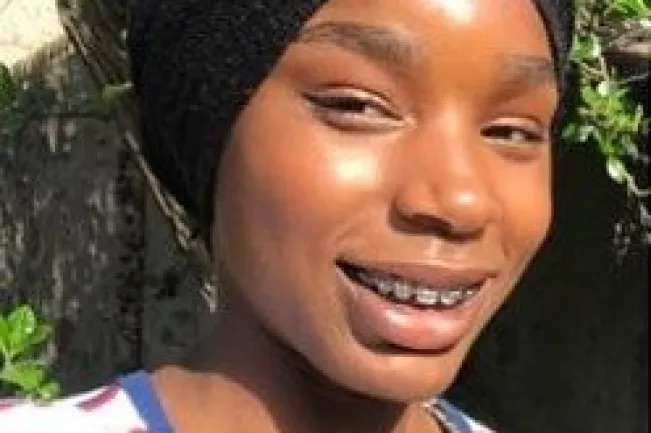
Rahinat Muhammad, BSc Student, School of Pharmacy and Life Sciences, Robert Gordon University, Aberdeen, Scotland
I had the pleasure of completing my BSc Hons Biomedical Science degree thesis at Rheinbach in Hochschule Bonn-Rhein-Sieg. My research project focused on the utility of genetic techniques such as long-range PCR and next-generation sequencing for the detection of MPV17 gene mutations. Conducting my practices within HBRS was an invaluable experience. Under the supervision of Professor Dr Hans Weiher, and with the support of Dr Julia Holtel I greatly improved my theoretical and practical expertise within genetic studies.
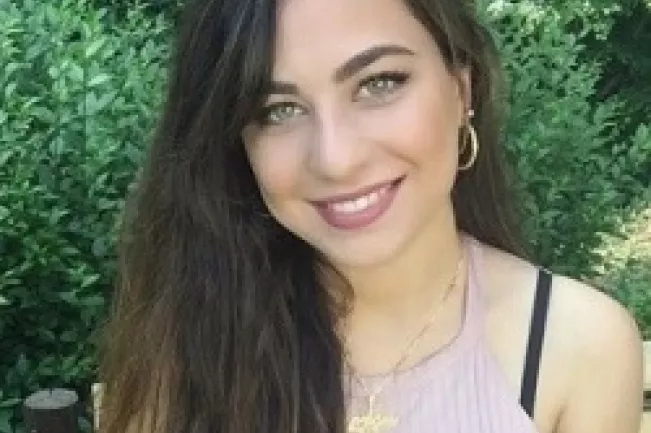
Jasmin Ewert, Biology Student, Rheinische Friedrich-Wilhelms-Universität Bonn
I have written my bachelor thesis about two Parkinson’s disease associated human transporter genes at the IFGA institute of the Hochschule Bonn-Rhein-Sieg in Rheinbach. Due to my great supervision under Prof. Dr. Jäger I was able to collect only positive experiences. Within my research I had a chance to work independently in the laboratories and moreover, to broaden my theoretical and practical knowledge about procedures in DNA analytics. Since HBRS is very international, I could also improve my skills in English.
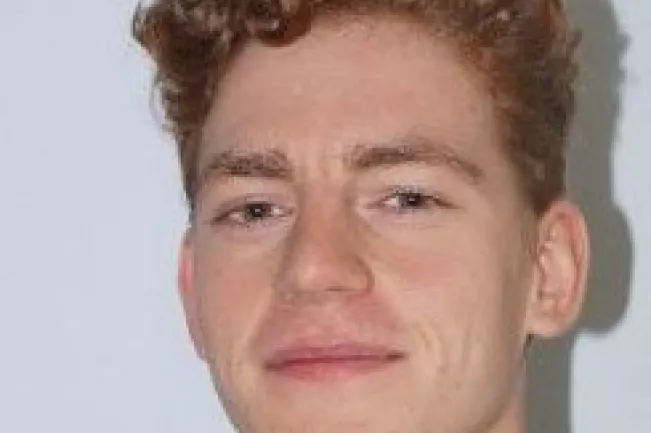
Marlon Eric Martin, Biology student, Rheinische Friedrich-Wilhelms-Universität Bonn
I did a practical elective subject at the Hochschule Bonn-Rhein-Sieg in Rheinbach. I experimented and wrote about the Optimization of commercial and in-house qPCR protocols for qTower and LightCycler qPCR systems. Within my research I had the chance to work independently in the laboratories and moreover, to broaden my theoretical and practical knowledge about the research topic, owed to the great supervision by Prof. Dr. Jäger and Julia Holtel. Without a doubt I can say, that it was a pleasure working on my topic at the Hochschule Bonn-Rhein-Sieg in Rheinbach and I would recommend it to everybody, who is interested in practical work.
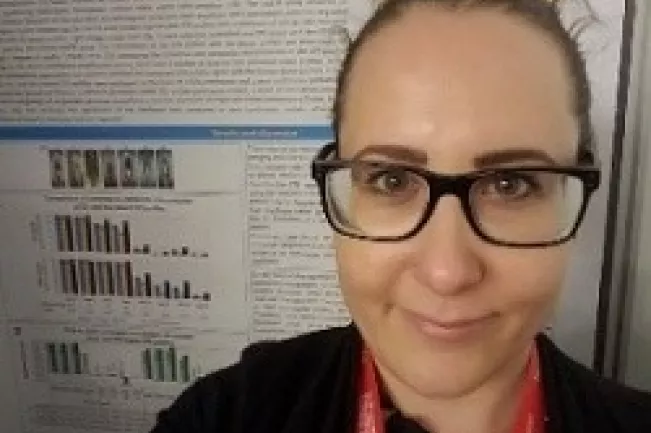
Sarah Aurora Heß, Scientist R&D, QIAGEN
My experiences at the Institute for Functional Gene Analytics were very positive and I recall them with pleasure. I have greatly benefited from expanding my wealth of experience by being able to work at the IFGA with both gold standard methods and the latest technologies in DNA sequencing. The next generation sequencing offers new and innovative applications in the fields of human identification and diagnostics. Through my research in the FunForGen project, I have acquired important, rare and future-oriented skills that will be of enormous importance in my future professional life. I am very grateful that I was able to work in a competent team of experienced scientists what enriched me both professionally and privately.
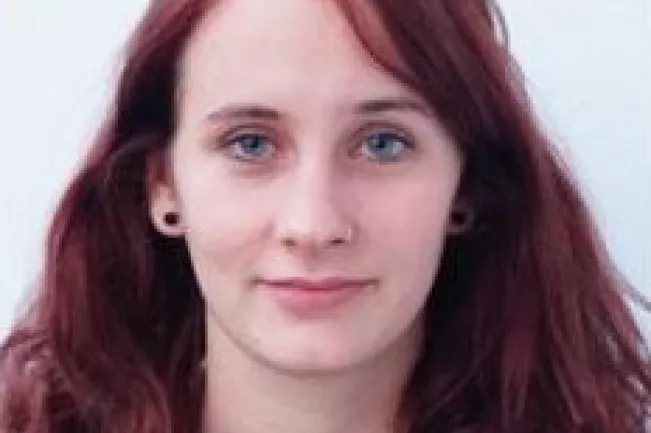
Janis Lisa Transfeld, PhD student at the UK Dementia Research Institute, Imperial College London
I worked as a student assistant on a microbiome project that applied metagenomic next generation sequencing for the analysis of microbial DNA present in different sample types. This project allowed me to gain insights into the basics of next generation sequencing and quantitative PCR, but also to broaden my experience in both practical and theoretical laboratory work. During my work in the genomics lab, I could always address Dr. Holtel with my questions and she always took the patience and time to explain to me. In general, the atmosphere in the laboratory, as well as on the whole campus is great. It is a small campus, with many international students, which I greatly appreciated and enjoyed.
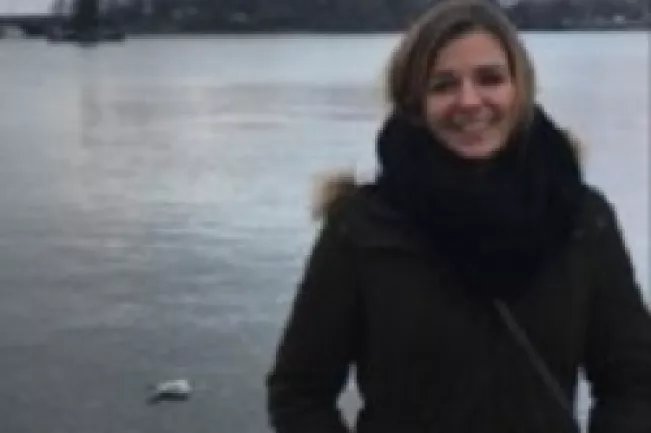
Anna Mona Rosendahl, BSc Student, University of Applied Sciences Bonn-Rhein-Sieg
I appreciated the opportunity to contribute to the improvement of the next generation sequencing method for the analysis of short tandem repeats for the institute for functional gene-analysis at HBRS. Besides the weekly meetings, I was always able to discuss results with the team, allowing for exchange of information and planning of potential further steps. In general, the working atmosphere is very cooperative. I greatly enjoyed the time being a part of the research team as well as I was glad to be able to gain great experiences and knowledge.
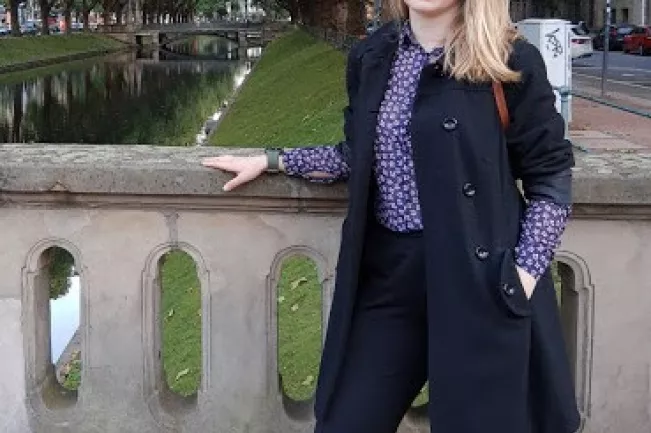
Daryna Pikulska, BSc Biotechnology Student, Jagiellonian University of Krakau, Poland
I was an ERASMUS student at Hochschule Bonn-Rhein-Sieg and had my internship in the institute for functional gene analytics. During this month, I have practiced basic techniques such as PCR and gel electrophoresis but also learned many new things such as qPCR, gradient PCR, and NGS library preparation. I was also working with Geneious prime program and have learned how to design primers with optimal annealing temperature and how to analyze amplification products in general. It was a great opportunity for me to improve my professional skills and to become more confident at laboratory work. However, it will not be possible without a lot of help and support from Dr. Julia Holtel. She kindly answered all my questions and discussed every result. It was an unforgettable and very useful experience for which I am very grateful.
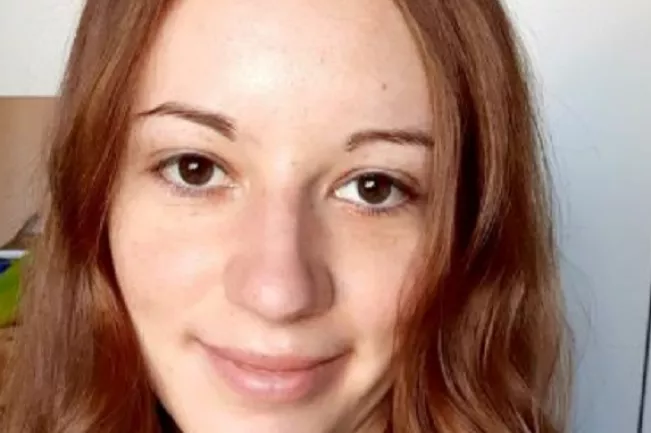
Sara-Sophie Poethe, M.Sc. Student in Genome Based Systems Biology at the University of Bielefeld
I am grateful to having had the opportunity to pursue my bachelor thesis about the analysis of short tandem repeat markers using next-generation sequencing at the IFGA institute at the Hochschule Bonn-Rhein-Sieg. During my research I was able to work independently in the lab and plan the different experiments of my project. The working atmosphere is very friendly and I always had the possibility to discuss the results with my supervisors Dr. Holtel and Prof. Dr. Jäger, who have greatly supported me all the time. At the IFGA, I have deepened my theoretical knowledge and improved my practical expertise in particular in NGS, from which I benefit a lot in my current studies of MSc Genome Based Systems Biology at the University of Bielefeld.